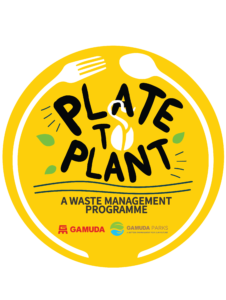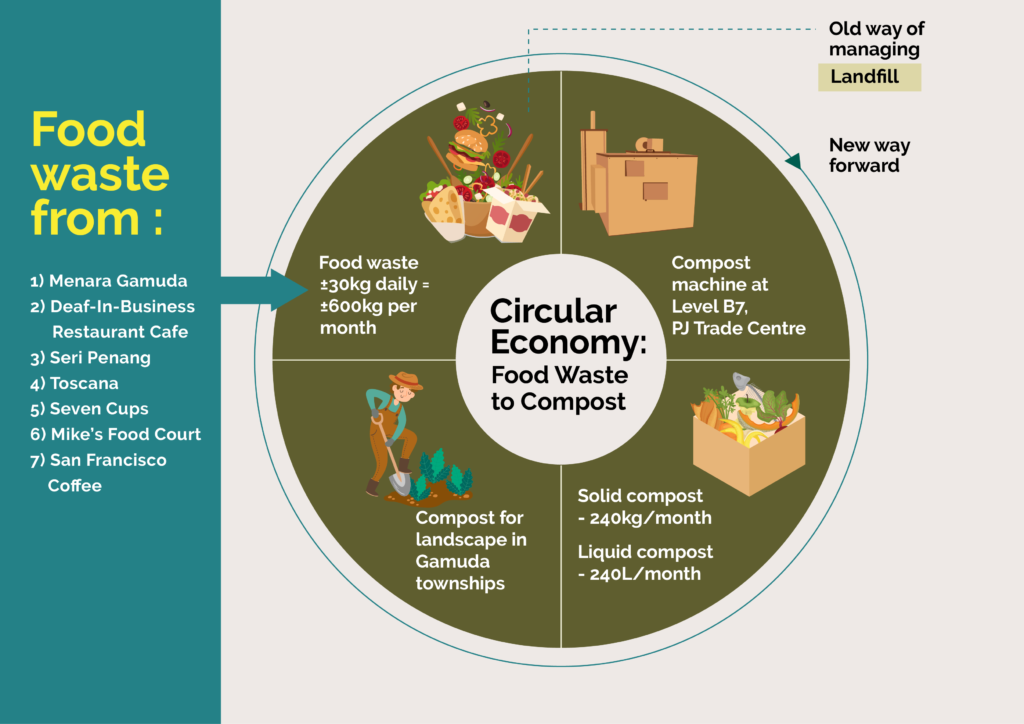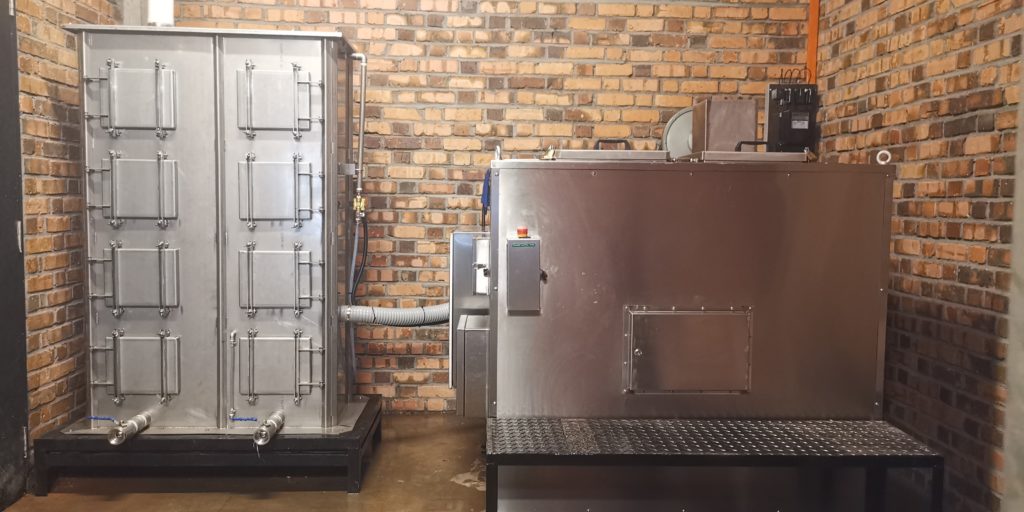
Ong Jee Lian
Malaysians waste about 3,000 tonnes of food daily. Enough to feed two million people!
Rising food prices, a crisis for vulnerable households is often caused by limited food supply. Yet, food waste remains a problem so existential for the fate of humanity, and so far away from finding a solution.
The only way to solve this issue for real, is for all of us to come together and collaborate. Wastage occurs across the food chain – from production, retailing, cooking and eating at our consumer level.
Wasted food is a known culprit to carbon footprint and climate impact – as most of it rots in the landfill and emits methane, a greenhouse gas (GHG) which is 21 times more potent than carbon dioxide.
Landfill is also an aggravator for land scarcity and stricter requirements for new development.
The high fluid content in food waste leads to uncontrollable sludge discharge that contaminates surface and groundwater.
Such leachate results in proliferation of pests, outbreak of vector diseases, and other health and safety problems in the communities.
A circular economy approach will help us save money during this economic uncertainty, reduce wastage and achieve greater efficiency in the food industry.

Instead of sending waste to landfills in a linear and unproductive manner, a circular model and closed loop system directs it back into the system with reusable value.
Composting is a practical solution to transform kitchen waste and food residues into useful fertiliser. Thus, fermentation is a viable technology for treating food waste.
At Menara Gamuda and eventually at all our townships, we will be managing food waste through the ‘Plate to Plant’ programme. It houses the first, dedicated compost machine in the basement of PJ Trade Centre.

The food waste compost machine is located at Menara Gamuda’s Level B7, which can compost ±50kg of food waste a day. A same machine is also installed at Jade Hills.
Bio-Mate is a MyHIJAU certified vendor that is supplying the food compost machine – a minimal-heated tank of 300 litres (L) volume that can ferment ±50 kilograms (kg) of food waste daily.
This machine uses minimal heat which is highly efficient in turning about 40% of the input weight (food waste) into compost. It could produce as much as 240kg of solid compost and 240L of liquid compost in a month.
Due to the natural fermentation process, the compost is organic (versus a chemical compost) that can be stored up to months, without build-up of mould or odour.
It also traps the soil nutrients (e.g. nitrogen, phosphorus and potassium) in a simpler form which increases plant nutrient absorption.
Additionally, the programme will benefit the restaurants in PJ Trade Centre, namely Deaf-In-Business Restaurant Cafe, Seri Penang, Toscana, Seven Cups, Mike’s Food Court and San Francisco Coffee.
These eateries generate food waste from cooking – totalling to about 30kg a day. In the past, they were simply thrown into a common bin without being sorted, and sent to the landfill.
Now with the compost machine, the food waste gathered from the office pantries and eateries can be fermented into compost within a day. The resulting organic compost will then be used to nourish the landscape of Gamuda Land townships.
Recovering the value of food waste is an environmental, social and governance (ESG) form of managing waste. It is a clear win-win that helps us obtain the true benefits of material circularity, in addition to optimised waste administration and disposal cost.
